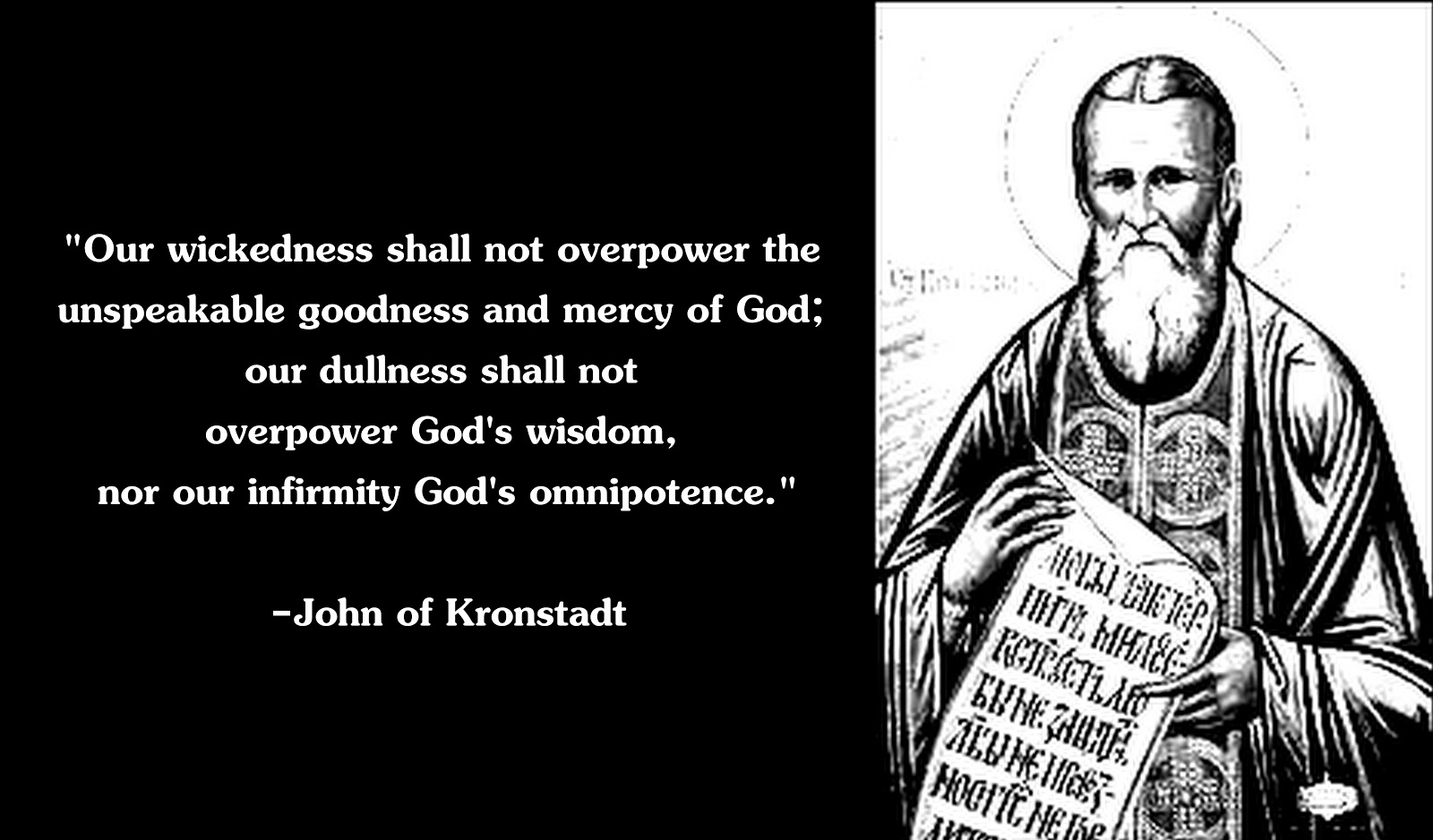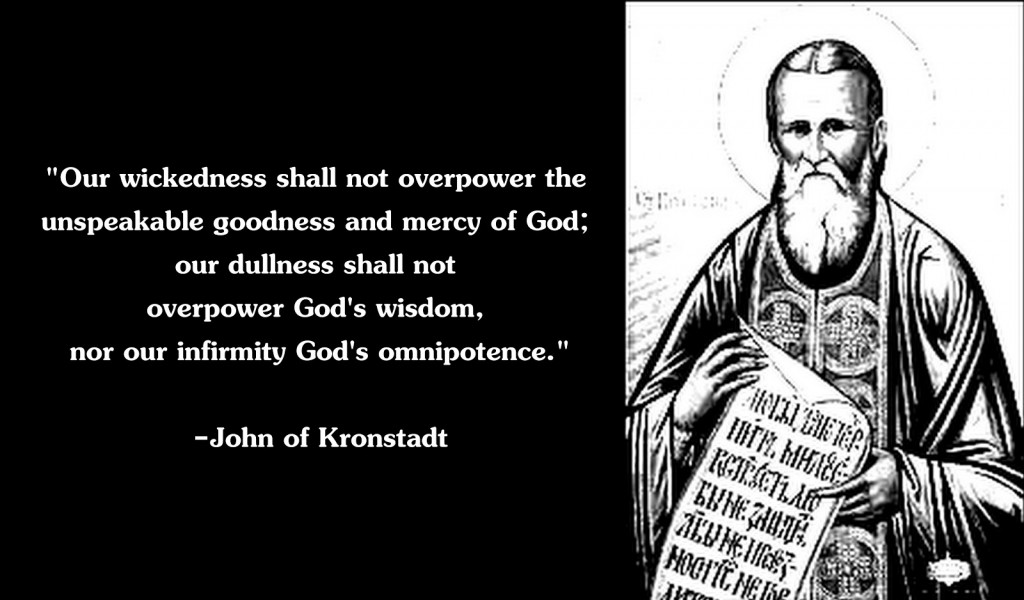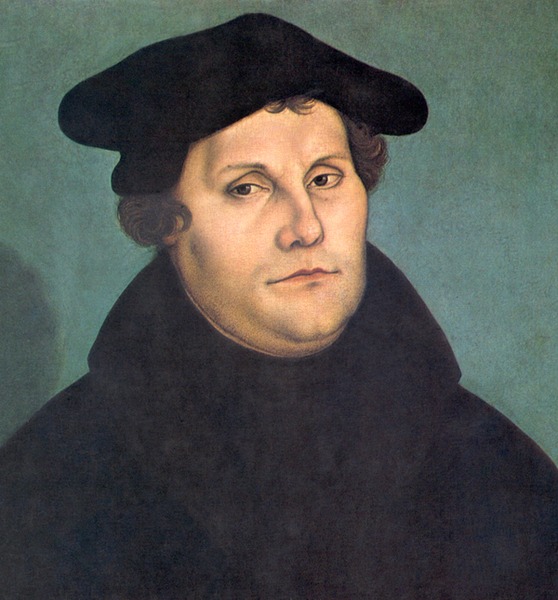
One of the things that divides Christianity in the West into Roman Catholic and Protestant branches is the disagreement about what it takes to make it into heaven. The Catholics insist that both faith and works are necessary. It is not enough just to believe in God, but you have to also do good deeds to prove the sincerity of that faith. Here they often cite the Letter of St James in the Bible, a letter that Protestant pioneer Martin Luther disparaged as being nothing more than a “letter of straw”. What is more, say the Catholics, sacraments are necessary. We must be baptised and confirmed, absolved of our sins in Confession and united with Christ in the Eucharist. Again, there is no shortage of Biblical references for this.
In reply, the Protestants accuse the Catholics of being too narrow, of substituting the inventions of men for the commands of God, and of course they too have plenty of Bible verses to back up their position. “Believe and you will be saved”, they say, and that is all there is to the matter. If you only believe in your heart that Jesus Christ is Lord, and proclaim it with your lips, you have won your place in heaven already, and, many of them add, can never again lose it, no matter what. Sola fidei (faith alone!) is the Protestant catchcry. It is an approach that has simplicity to recommend it, and makes the path to heaven seem so much easier than all that stuff Catholics insist you have to do all your life.
So where do the Orthodox stand in this debate? Continue reading “Being Orthodox 5: Faith or Works? Or…”
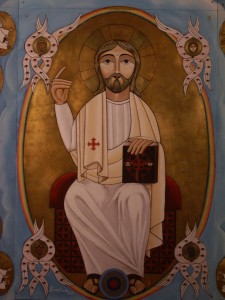
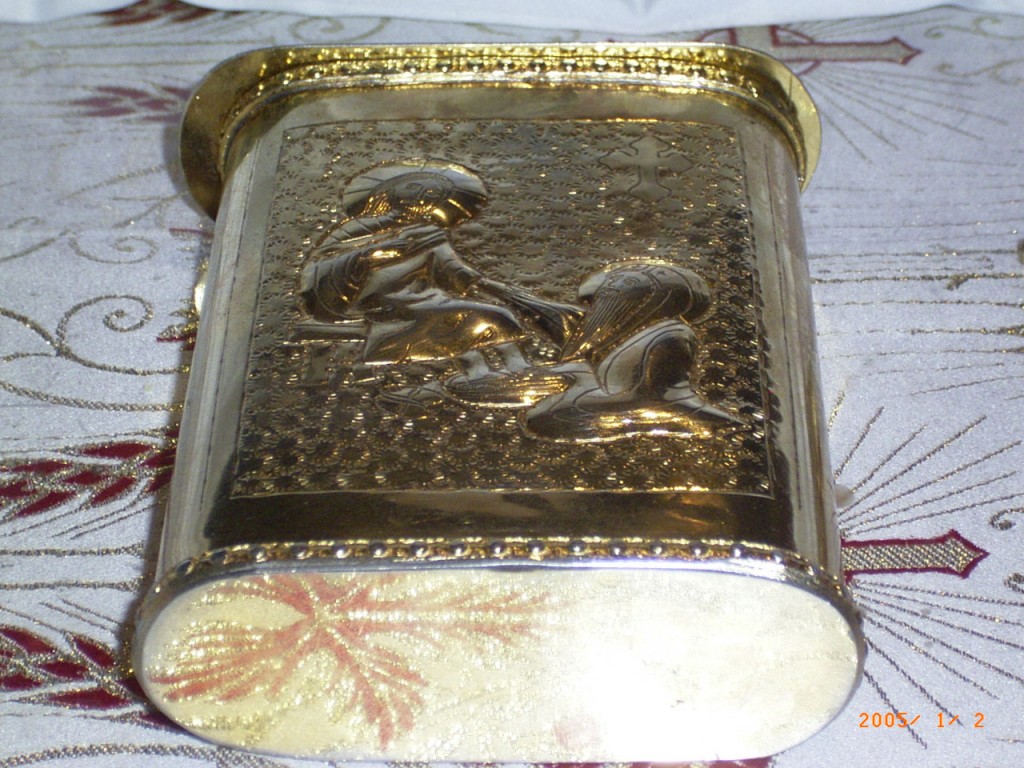
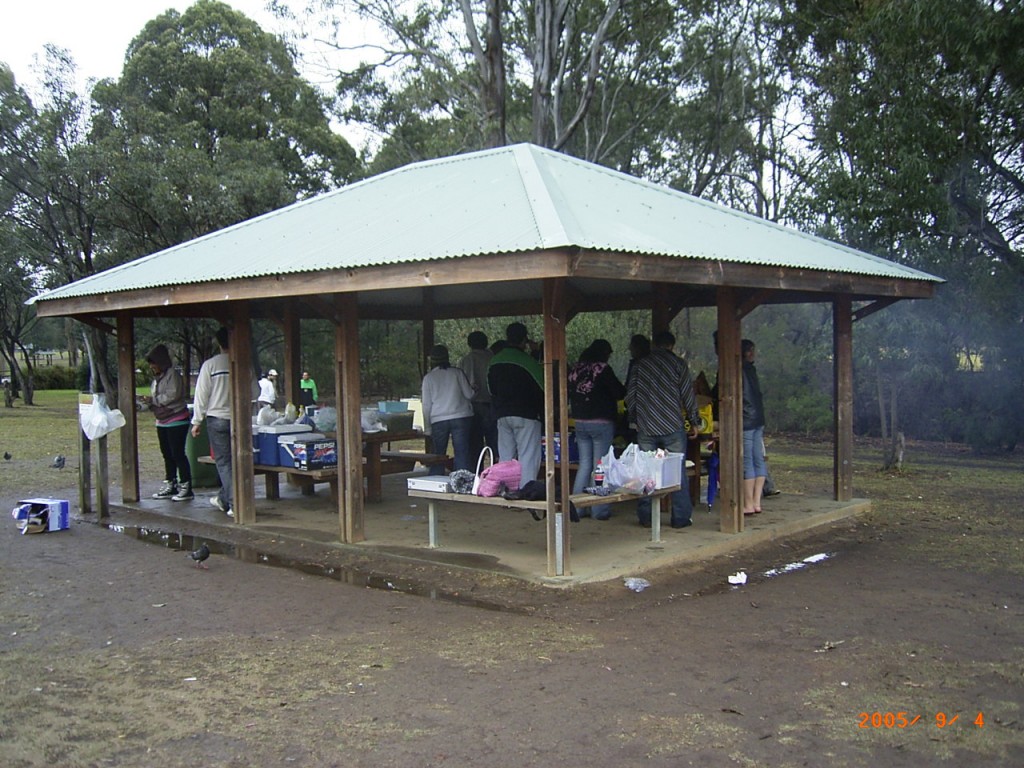
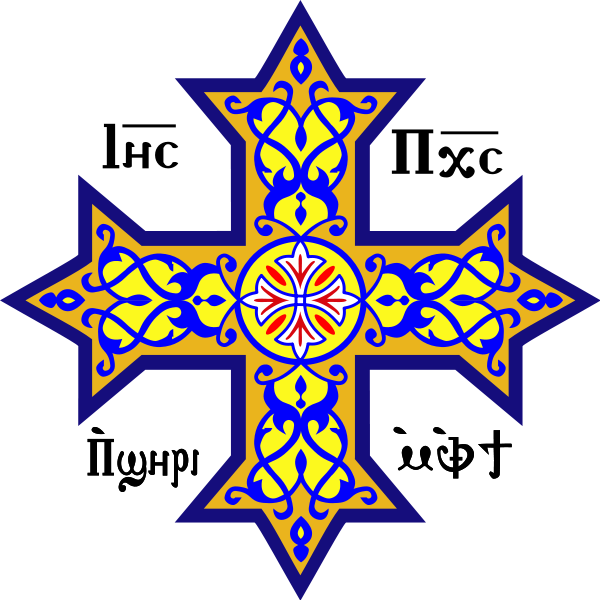
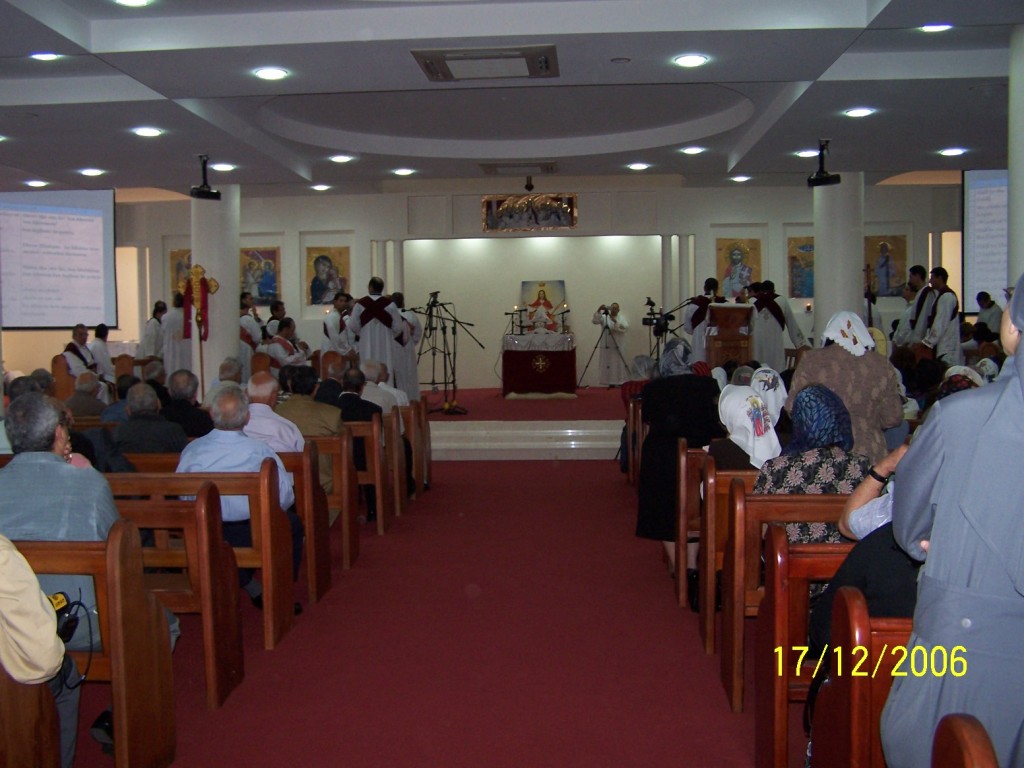
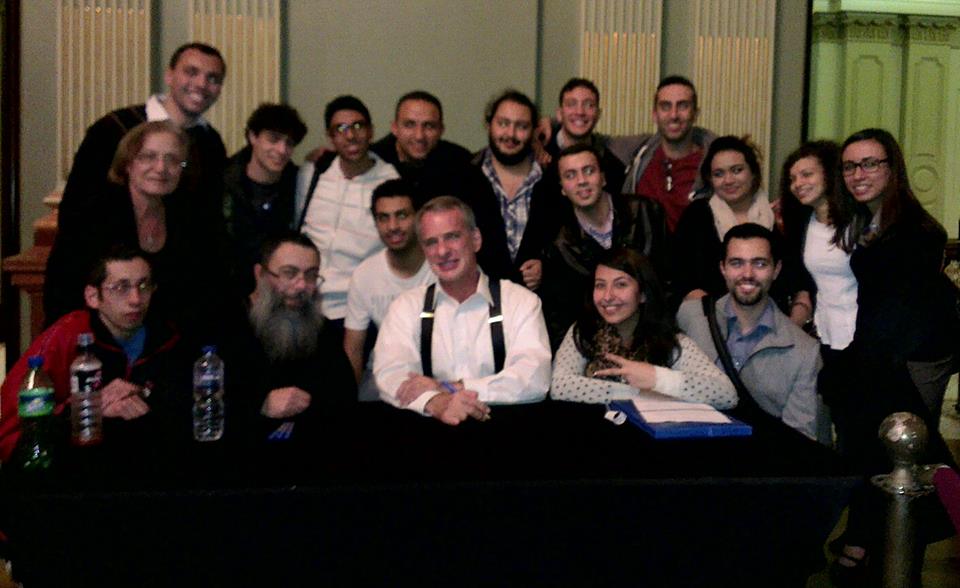
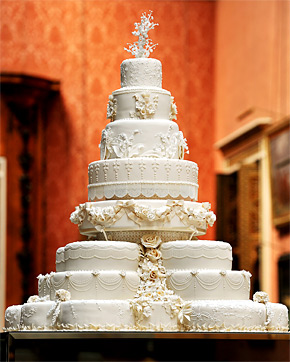
 It’s been a busy time. Apologies for not posting more often. Here is another excerpt my book on the Coptic Church that is taking forever to complete.
It’s been a busy time. Apologies for not posting more often. Here is another excerpt my book on the Coptic Church that is taking forever to complete. 